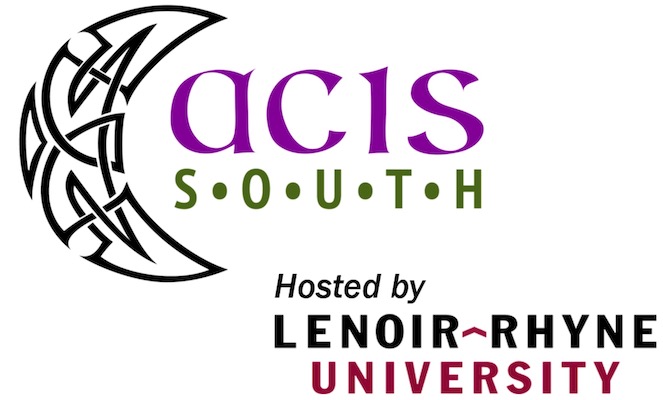As the shape of Seamus Heaney’s trajectory as a poet starts to come into sharper focus for us, we have come to understand more clearly the path he followed from mapping a negotiated engagement with the conflict in Northern Ireland, to positing a form of poetic transcendence in his later work. At the same time, as we increasingly take the measure of Heaney’s work as a critic, we have come to understand how the direction of his late work took form in dialogue with contemporaries and near-contemporaries, to whom we can see him addressing the question as to how a poet might “walk on air” in time of conflict.
This panel opens with Rosie Lavan, whose Seamus Heaney and Society was published by Oxford University Press in 2020, reflecting on some of the ways in which the public concerns of Heaney’s work from the 1980s were both actively engaged in the political, and, at the same time, moving towards the preoccupations that begin to become apparent in the poems in The Haw Lantern (1987). This will frame and pose the question: how do we square (to use a word that gains such weight in Seeing Things) those two roles for the poet. Tom Walker then picks up that question, by concentrating on the ways in which Heaney’s poetry of the 1970s opens up a dialogue with the work of Robert Lowell, a poet about whom he once wrote “the molten becomes sedimentary.” Lowell, he says elsewhere “abjures the sublime”, and is “content to live.” By contrast, Heaney writes, Yeats would never have been “content to live” merely. Chris Morash picks up Heaney’s dialogue with Yeats from this point, through his questioning of Yeats as example, to his re-appearance as a ghost in the poems in Seeing Things, where he becomes a figure for the possibility that “art can outface history.” Building from these short position statements (and guided by chair Eve Patten), the panellists will debate these ways of negotiating transcendence and terror, considering the counter-example of Heaney’s contemporary, Eavan Boland.
Chris Morash
Trinity College Dublin
Prof. Chris Morash is the Seamus Heaney Professor of Irish Writing at Trinity College, Dublin. He has published widely on topics including Irish Famine literature, Irish theatre history, media history and theories of space. His study of Yeats, Yeats on Theatre, will be published by Cambridge University Press later in 2021. He is a Member of the Royal Irish Academy.
Rosie Lavan
Trinity College Dublin
Dr. Rosie Lavan is an Assistant Professor in the School of English at TCD. Her first monograph, Seamus Heaney and Society, was published by Oxford University Press last year, and she is currently working with Bernard O’Donoghue on the collected edition of Heaney’s poems for Faber. Her research interests focus on modern Irish poetry, and its interactions with society across the island of Ireland.
Tom Walker
Trinity College Dublin
Dr. Tom Walker is an Associate Professor in Irish Writing at TCD. His recent publications include book chapters touching on Heaney’s engagement with the Shakespearean sonnet, Heaney’s reception of the work of Dylan Thomas, and the place of the literary in the writing of the Troubles.
